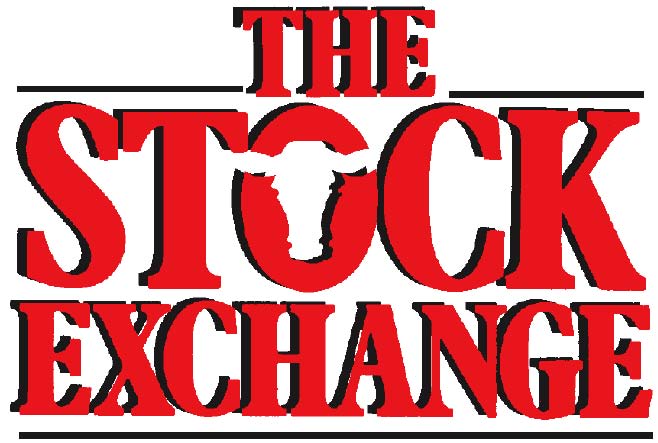Sign up any time for ongoing extension program
MANHATTAN, Kan. – We know that it’s a good idea to check what credit reporting bureaus have on file about us to make sure it’s accurate, but it’s easy to forget.
K-State Research and Extension has launched a new program to help Kansans stay on top of their credit files. The program will send email reminders about every four months, prompting participants to check their credit report with one of the credit reporting bureaus. Sign up is free.
With the exception of Equifax, credit reporting bureaus are each only obligated to provide one free credit report a year. In all cases, consumers have to ask for the free reports.
Rather than request them all at once from each of the three major bureaus, TransUnion, Equifax and Experian, another way to handle that is to request a report from one agency now, from another in a few months and the third a few months after that. The process repeats every year so that you have an annual view across all three agencies of what others see about you. And others do see it.
Unlike Experian and TransUnion, U.S. consumers may request up to six free copies of their Equifax credit report during any 12-month period, as a result of a 2019 settlement.
Credit is the ability to borrow money and repay it later. When people talk about having “good” or “bad” credit they’re usually talking about their credit history or scores, said Cindy Williams, K-State Research and Extension agent in the Meadowlark District.
“Knowing how credit histories, reports, and scores work can help you take steps to build a positive record,” Williams said. “That positive record can help you reach your goals by potentially lowering costs for borrowing money and paying deposits on utilities and cell phones. It can also reduce barriers to housing and employment.”
The credit report is a record of some of a person’s bill-paying history, public record information, and inquiries by lenders into your credit history. The report does not tell credit scores.
Requesting the free credit reports each year will not cause your credit score to drop, according to Williams. Staggering requests for them can help consumers see if anything is changing throughout the year or if fraud has occurred.
“There’s a lot at stake,” Williams said, noting that credit reports are often used by credit card and other credit providers, banks, insurance companies and landlords when determining whether to provide credit. “That means if you apply for a loan or to rent an apartment and there’s an unfavorable error on your credit report, it can result in higher interest rates on loans or the denial of credit altogether.”
Williams knows first-hand how important that is. In the process of applying for a loan recently, she discovered there was an error on her credit report. Left unnoticed, it would have cost much more in a higher interest rate, but she was able to work with her bank to have the error corrected.
“If I had not checked my credit report, I would not have known that I had a bill payment that had not been credited and it was reported as unpaid,” she said. “Working with my financial institution, I was able to prove that the so called ‘missing payment’ had indeed been paid.”
It may take some time to get some of the unfavorable errors corrected. Errors on your credit reports, or fraud caused by identify theft, can make borrowing more expensive or prevent consumers from getting credit in the future.
“Companies that look at credit reports believe that how you’ve handled credit in the past is a good predictor of how you’ll handle it in the future,” Williams said. “That’s why it’s important to check your reports for errors. If you find errors, get them corrected.”
Be aware, she said, that when you ask for your report from any of the major companies, TransUnion, Equifax or Experian, you must provide certain information to verify who you are.
K-State’s new Check Your Credit program aligns with extension’s Culture of Health effort, focused on improving Kansans’ physical, mental and financial health. More information is available in Know Your Credit.
Kansas State University Extension
